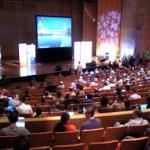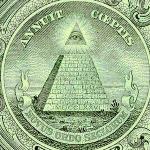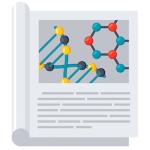The Centers for Disease Control and Prevention (CDC) is taking action on possibly false data reported in a highly cited paper on suicide rates stratified by occupat
peer review
Before scientific literature is accepted, it has to undergo the peer review process. For an explainer of how that process works, please read here.
The peer review process works - but it isn't perfect.
Here at ACSH, we're used to conspiracy theories. There are very few that we have neither heard nor debunked.
Last week, a funny and clever hoax was perpetrated against a social sciences journal.
NYU physicist Alan Sokal thought very little of the research performed by his colleagues in the social sciences. To prove his point, he wrote a paper that used plenty of trendy buzz words but made absolutely no sense.
A symposium was held a few weeks ago in the U.K., sponsored by several academic institutions, with the participation of journal editors, acade
Perhaps spurred by last week s seismic








